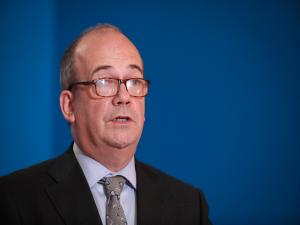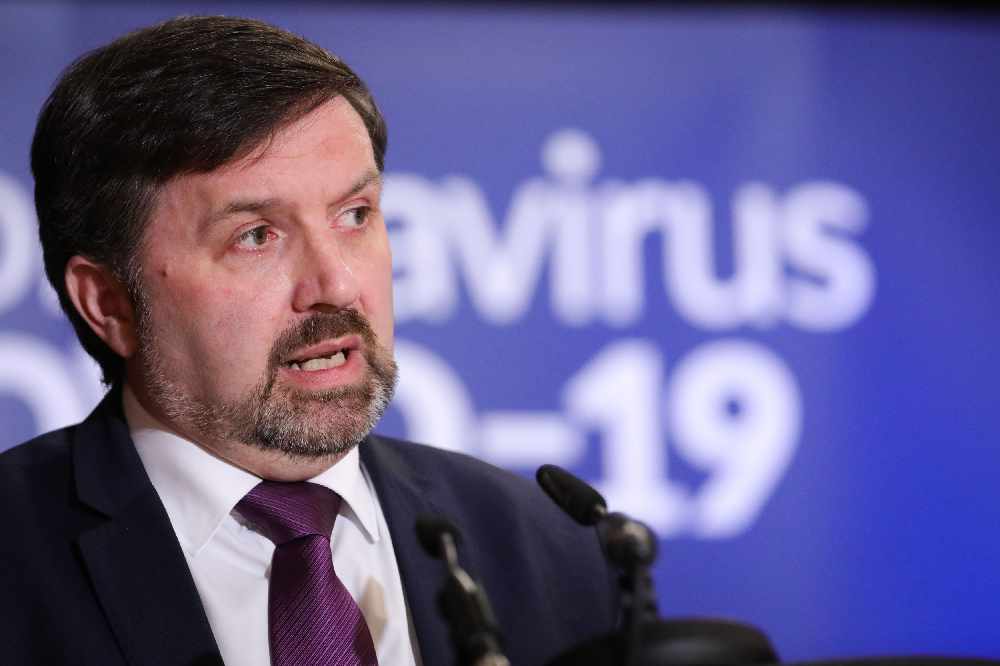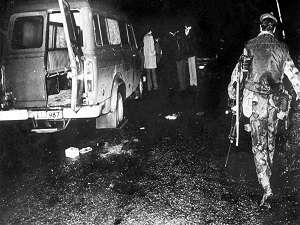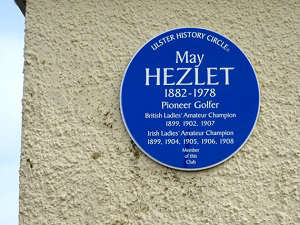
By Michelle Devane and Q Radio News
Northern Ireland’s chief medical officer has apologised to the public for the “pain, distress and anxiety” that the coronavirus restrictions have caused.
Dr Michael McBride said “very significant progress” is being made in the fight against the disease thanks to the latest measures, but he recognises people are “fed up” of Covid-19.
Dr Michael McBride
Giving evidence to Stormont’s Health Committee on Thursday morning, Dr McBride said: “I can only apologise to everyone for the pain and the distress and anxiety that I know everyone is experiencing at this time, and hopefully into the new year and into the spring things will look different to how they are at present.”
He said public health officials are trying to “balance both lives and livelihoods”, but he realises it is a particularly “difficult time” for those working in the hospitality sector.
“I know how distressing and anxious a time it has been for those working in many sectors, in hospitality, retail and close personal services,” he said.
“The difficulty with this virus is that it is highly transmissible and it spreads best when people are close together, and the more people that are close together, particularly indoors, the easier it is for the virus to spread.”
Public health officials are working to get the R number below one, and Dr McBride said if that happens fewer people will be infected and infection rates will fall.
He said: “The R number in June was somewhere between 0.5 and 0.7 and then over the course of time as we relaxed measures and allowed some sectors to open up, we had a situation where by October the R number had gotten to between 1.4 and 1.6.”
The chief medical officer added that measures put in place since then have been “effective”, in particular in the Derry City Strabane area.
Health Minister Robin Swann told the committee he was “deeply concerned” about the increase in Covid cases over the last month, and that the coming period is still “highly uncertain”.
He said: “We believe further waves are still a continuing threat.
“But there are, however, signs that the action that has been taken by the Executive is having an impact with the number of infections actually stabilising.”
Mr Swann said the health service has been under “severe pressure” in recent weeks, and the critical care surge plan has been updated to provide the ability to incrementally flex capacity of ICU beds to 158 across the region.

Robin Swann
But the UUP leader warned the level of staffing required to deliver the additional ICU beds would be “extremely challenging” and “impossible to sustain for long”.
He also said it would have an “unavoidable impact” on other health services, including some complex elective surgeries.
As part of the plan, the Nightingale facility at Belfast City Hospital will retain capacity to support the entire region, he added.
Hospitals continue to be under pressure across Northern Ireland, with a 101% occupancy rate reported on Wednesday.
Some 418 patients with Covid-19 are being treated in hospitals, with 50 in intensive care.
Mr Swann said it is “deeply regrettable” that when more resources need to be allocated to manage the pandemic, the more difficult it becomes to deliver mainstream services.
He told the committee that providing hospital care to 418 Covid-19 patients is the equivalent of 52 eight-bed units that they have to support.
“We have to support people who present who need medical treatment,” he said. “We do that by having, unfortunately, to turn down many of our services that we want to keep going.
“We’re not doing this out of some whim that we’re turning people away or turning beds down – we’re doing it out of necessity.”
Ten further Covid-19-linked deaths in Northern Ireland and 679 new cases of the virus were reported by the Department of Health on Wednesday.
There have now been 40,858 confirmed cases, including 4,498 in the last seven days.
There are 120 active outbreaks at care homes.
Prime Minister Boris Johnson has said Northern Ireland can access the Government’s furlough job support scheme if it has to introduce lockdown measures at a different time to England.
England entered a second lockdown on Thursday.
In Northern Ireland, the shutdown of the hospitality sector and close-contact services is due to end on Friday November 13.


 Watchdog identifies series of failings in investigation of Kingsmill Massacre
Watchdog identifies series of failings in investigation of Kingsmill Massacre
 Kneecap at Glastonbury ‘a matter for organisers’ says Cooper
Kneecap at Glastonbury ‘a matter for organisers’ says Cooper
 Plaque unveiled for 1890s champion teen golfer at Royal Portrush
Plaque unveiled for 1890s champion teen golfer at Royal Portrush
 Human remains taken from Hawaiian burial caves repatriated from Northern Ireland
Human remains taken from Hawaiian burial caves repatriated from Northern Ireland
 Kneecap says footage has been ‘exploited and weaponised’ over dead Tory comment
Kneecap says footage has been ‘exploited and weaponised’ over dead Tory comment